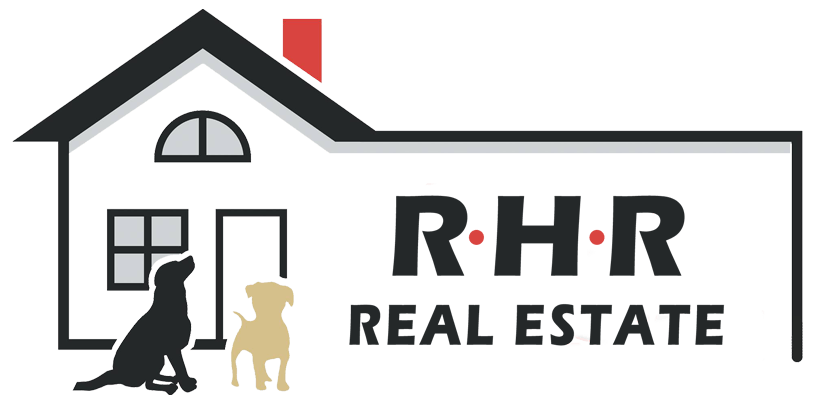TIPS FOR BUYING A HOME
HOW MUCH CAN YOU AFFORD?
When determining how much you can afford to pay for your home, you must consider your down payment amount, monthly expenses, credit rating, and income. Using this information, you can determine a comfortable price range. Until you know how much you can pay toward a mortgage each month, you can't effectively search for a home. You must also calculate your debt-to-income ratio to ensure that you are within acceptable limits.
LOAN SHOPPING
When shopping for a loan, you must consider the interest rate and loan term. The higher the interest rate, the more money you will pay each month. Interest rates may be fixed or adjustable. Adjustable interest rates can change, while fixed interest rates remain the same. Most mortgages are either 15 years or 30 years long. A 30-year mortgage involves a lower monthly payment than a 15-year mortgage for the same amount, but the total amount paid in interest will be greater.
HOME SHOPPING
After you know your price range, you can begin shopping for a home. To find the right home, you must consider location, appraised value, and amenities. Pay attention to the number of bedrooms and bathrooms each home has. In addition, make sure that you view several homes before making a decision. Finally, don't forget to calculate relevant distances, such as the distance to work or the nearest store.
MAKING AN OFFER
When you make an offer on a home, you won't typically offer the seller's asking price. However, it's important to make sure that your offer isn't so low that the seller will be insulted. In many cases, the seller will issue a counter-offer that falls somewhere between your initial offer and the selling price, so keep this in mind when you make your first offer. Some sellers may be willing to include appliances if you will agree to pay a slightly higher price for the home.
HOME INSPECTION
A home inspection is an evaluation of a home's systems and physical structure. Most home inspections involve an inspection of the foundation, doors, windows, ceilings, floors, walls, electrical systems, plumbing, air conditioning, and heating. Home inspection fees are often part of the closing costs when you buy a home. Some lenders won't approve your loan until the home passes inspection.
HOME INSURANCE
Most lenders require you to purchase home insurance, which compensates you if your home sustains certain types of damage. The cost of your insurance will depend on the age of your home, its price, and its location. Before choosing an insurance policy, obtain several different quotes and compare them. In most cases, you will make your insurance payments directly to your lender using an escrow account, so make sure that you provide the lender with your insurance information.
SIGNING THE PAPERS
The last step in buying a home involves signing the papers. The process of signing all of the final mortgage documents is known as "closing." At closing, you will finalize all of the details on your purchase. Both you and the seller must sign documents, and the closing costs must be paid at this time. Depending on your arrangements, you may take possession of the house immediately after closing or on a predetermined date in the future.

